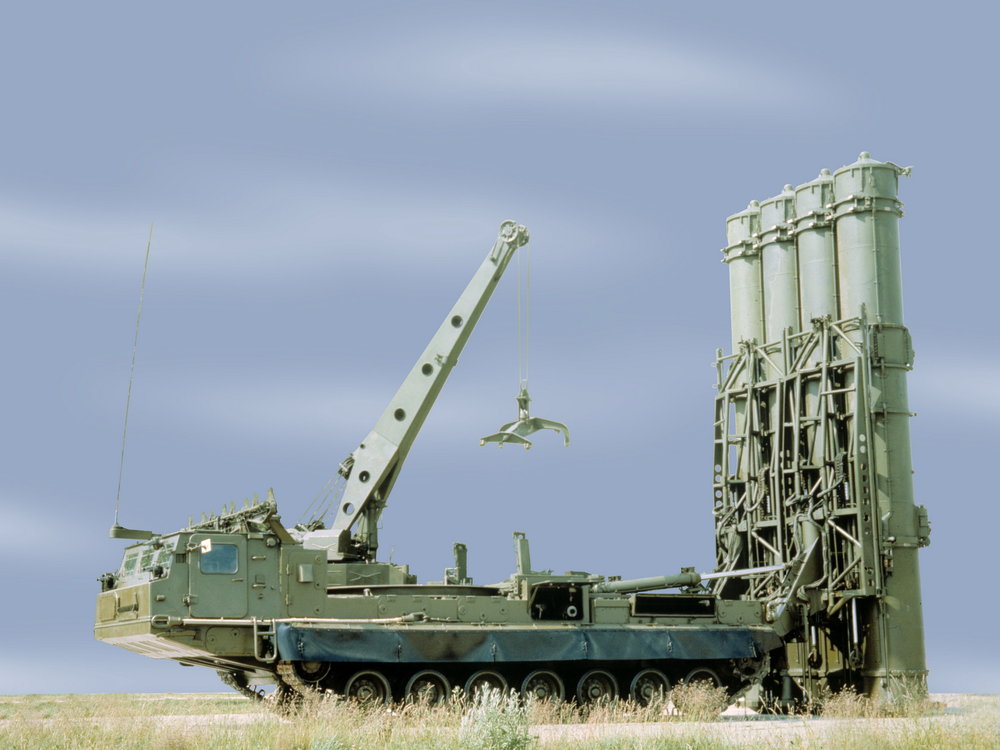Tehran to take full delivery of S300 in a month

TEHRAN – The Iranian defense minister announced on Saturday that Tehran has taken full delivery of the advanced S-300 air defense missile system, days after the Russian Defense Ministry said it was using an air base in Iran to fly sorties over Syria.
"We have taken full delivery of the S-300 missile system. The main parts of the system have been transferred to Iran, and the remaining parts are being loaded for transfer, which will be completed in a month,” said Brigadier General Hossein Dehqan, speaking to a press conference in Tehran.
While Dehqan did not reveal where the air defense battalions will be deployed, but nuclear sites are probably a priority.
“Proportionate to the threats to sensitive sites of the country, it will be decided where the system will be deployed to,” said Dehqan.
Earlier, Dehqan had noted that a home-grown air defense system named Bavar 373 (Belief) would be unveiled this year which he touted as a match to S300.
Iran already showed off parts of the system during National Army Day on April 17, where President Hassan Rouhani said the country's armed forces posed no threats to neighboring countries.
The Russian predator will boost Tehran’s air defense capability dramatically as it is one of the most advanced systems of its kind that can engage multiple aircraft and ballistic missiles around 150 kilometers away.
The sale of the S-300, originally concluded in 2007, was repeatedly delayed over the West’s pressure on Russia.
Yielding to the pressures, in 2010 then-president Dmitry Medvedev canceled the deal, citing the United Nations Security Council sanctions on Iran over its nuclear program.
In addition to the UN arms embargo, the U.S. and Israel heavily lobbied Russia to block delivering the system to Iran, saying it could be used to shield Iran's nuclear facilities from possible future air strikes.
Incensed by Moscow’s lack of commitment to the pact, Iran sued Russia in the International Court of Arbitration, asking for $950 million of compensation for the contract cancelled by Russia arms export agency Rosoboronexport.
However, there was mounting evidence that the two mend the fences over the issue after a meeting in Tehran between Rouhani and Putin in Tehran on November 23, 2015, as confirmed by Brigadier General Dehqan.
Later on in 2015, the two sides buried the hatchet as Russian President Vladimir Putin signed a decree lifting the ban on the delivery.
The two presidents also met each other on August 8 in Baku.
With the delivery, though belated, Russia seems to be injecting a dose of trustworthiness into its relations with its Middle East ally, now that the military collaboration between Tehran and Moscow is culminating in the counterterrorism campaign.
AK/PA

Leave a Comment